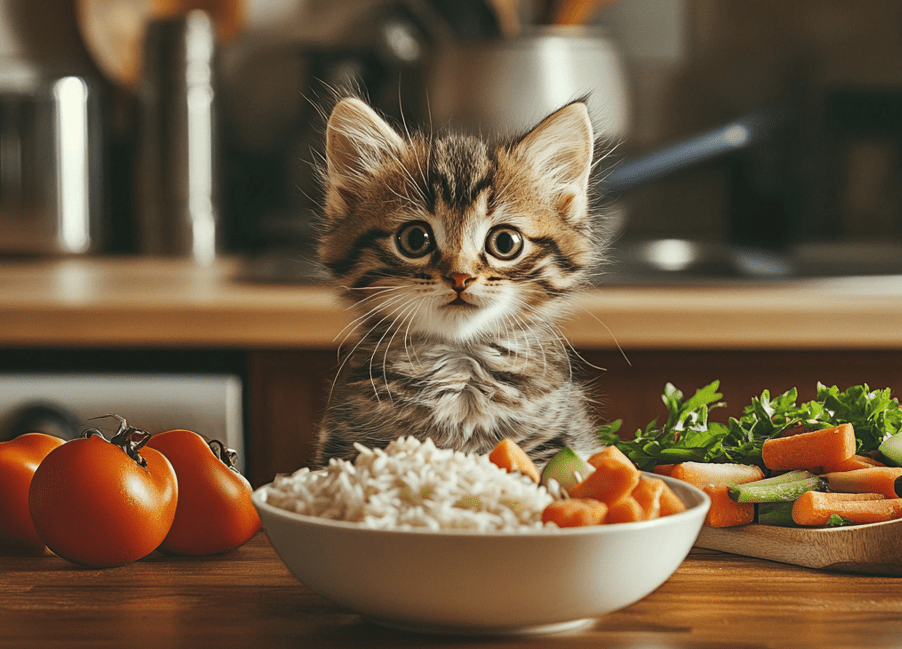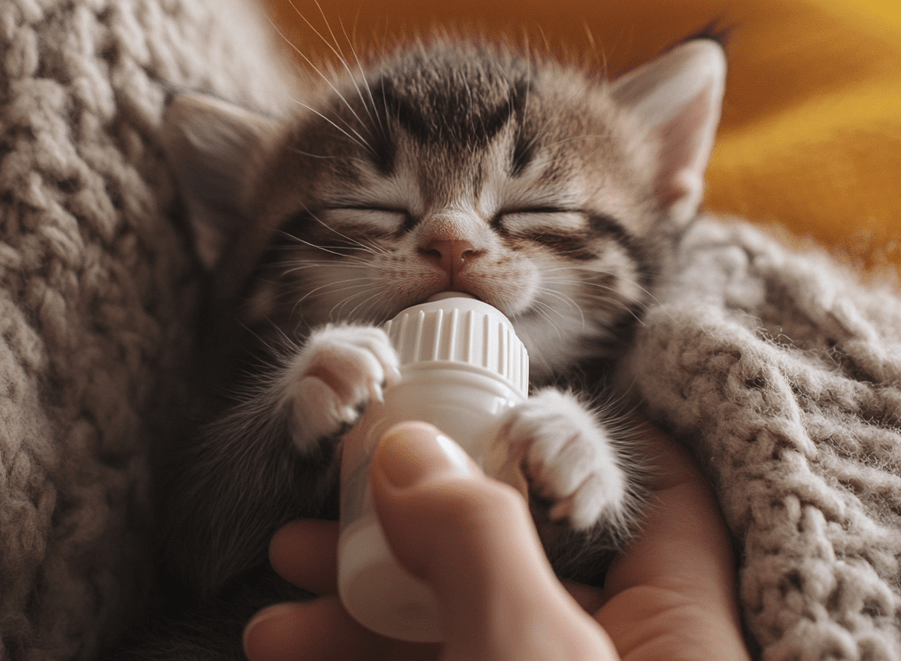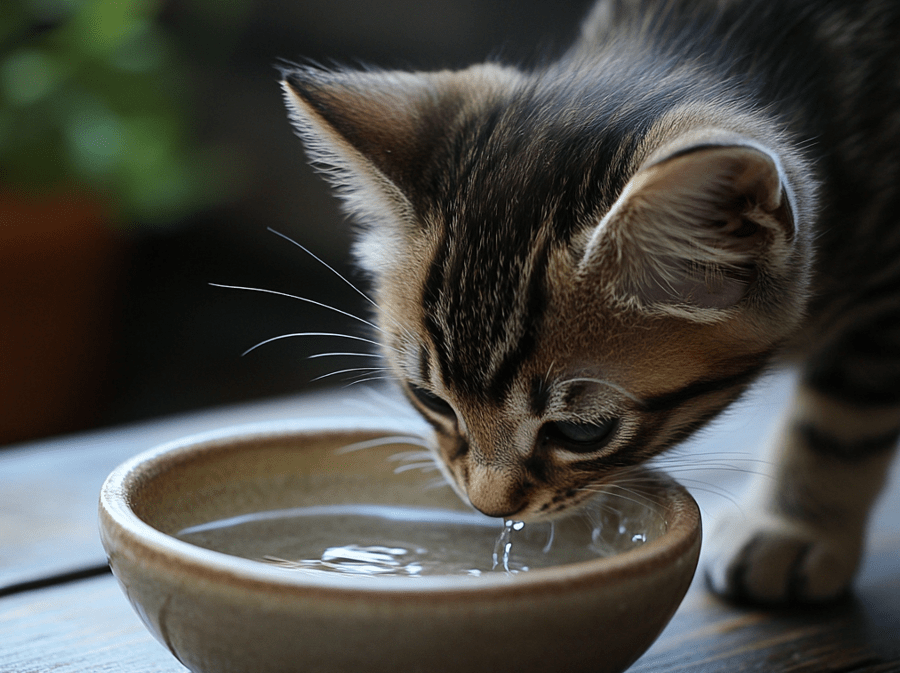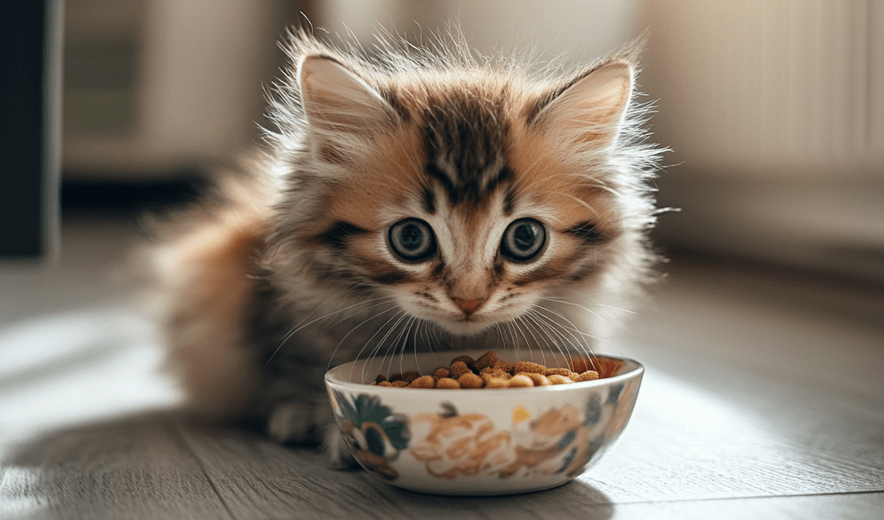
When you think of cat-attractive foods, eggs might not be the first thing that comes to mind. Eggs are among the most nutrient-dense foods available for humans, but do eggs provide similar benefits to cats? If you are a pet parent, then before adding something new to the diet of your furry friend it is quite essential that you get through its advantages and probable hazards.
To watch the summary of this article, just watch this video-
Are Eggs Healthy for Cats?
Of the types of proteins and fat that they need, a well-cooked egg provides felines with nutritionally dense protein. So their natural diets are heavily biased toward protein with the largest number of calories coming from animal-based proteins to meet their biological needs. Eggs can add some extra protein, but they should never be the main dish in your cats’ food plan. In place of this, eggs would work great for linking holes in the protein count back to a healthy diet.
Egg whites vs. yolks nutritional content Egg whites are protein rich yet low in fat, serving as a lean choice. Egg whites would increase the protein, while adding yolks will boost fat. Keeping fat in check is crucial too, because excessive consumption of fats can lead to weight gain or gut problems sooner or later.
The shell also contains calcium and other important minerals, in addition to the egg white itself. However, eggshells are not particularly palatable for most cats. If you are thinking about adding supplements such as minerals,, like crushed eggshells, it is vitally important to first consult with your veterinarian. This can result in your cat becoming ill if they do not receive the proper balance of nutrients, which could actually be more harmful to them than good.
In general, eggs are a healthy addition to your cat’s diet provided that they are not consumed in excess. Offering a good amount of protein and fat, they are perfect as an adequate supplement to high-quality cat food that you feed your furry friend. Watch your intake of egg parts: Whites are the leaner side; yolks supply more fat. If you want to provide eggshells or minerals, again only do so under the supervision of a vet, in order for your cat not to have unbalanced food.
Can Cats Eat Cooked Eggs?

Properly served, eggs can be a healthful treat for cats. Both scrambled and boiled eggs are fine, but they should be unsalted or unseasoned or cooked with oils that can not only trigger pancreatitis in dogs. Eggs have good quality protein but do not give too many eggs in order to avoid upsetting the balance of your cat’s nutrition. It is ideal to seek the advice of a vet before feeding eggs as part of your cat’s diet.
Egg yolks are also loaded with fat and thus lead to weight gain since each egg yolk contains a huge chunk of calories. Like most other animals, if they eat more than what their body burns it turns into fat — and eating high-fat foods can cause digestive issues as well as pancreatitis. If you feed eggs to your cat, then it will be better if you give the same in egg white form. Egg whites are not only low in fat and a good source of lean protein but also free from the unhealthy problem of high calorie counts.
Dangers of Raw Eggs to Cats

While some find much joy in a lightly cooked or raw egg, do not feed your cats the whites/liquid portion of any uncooked eggs. This is a simple logic to understand that eggs (either white or whole) have bacteria inside them. Salmonella, a bacterium that causes food poisoning in cats and their humans can be transmitted through raw eggs as per the report of Centers for Disease Control and Avoidance (CDC). A salmonella infection can cause diarrhea, vomiting and fever; dehydration is also possible.
Salmonella accounts for about 1.35 million infections in the U.S every year, some of which require hospitalization and a few fatal cases per annum. This poses a significant health risk to your household, as raw eggs can contain these harmful bacteria which may expose you and others in the house to diseases from cats. To reduce such risks, cooking eggs until yolks are firm or to an internal temperature of 160°F also kills any harmful bacteria.
So if you avoid feeding your cat raw eggs and opt for the egg white option to lessen fat content, be assured that cooked whole chicken eggs are fine in moderation. And always consult your vet whenever you want to feed them new foods in order not to hurt their health.
Can Kittens Eat Eggs?

Kittens can eat scrambled or boiled eggs. Although eggs are a healthy source of protein and other nutrients, they should be reserved for an occasional treat vs. feeding them as your pets primary nutrition. Kittens have their own unique nutritional needs and need a specially balanced diet to grow, develop, and stay healthy. However, too many eggs lead to imbalances in nutrition. So, before introducing your kitten to eggs, ensure that you have a talk with the vet about it and if suitable recommended portions for their overall health needs regarding what they are already planning to eat.
How Many Eggs Can a Cat Eat?
Just add a small (about one quart) part of egg white into their normal meal, as an alternative source for protein. Eggs are an outstanding source of complete high-quality protein, crucial to the maintenance and development of healthy muscle mass in cats. Now keep in mind that cats generally eat less than we realize. Their metabolism is designed in a way that helps to store excess calories as fat which results in weight gain and other health concerns. Hence, you want to make sure your cat is consuming a complete and balanced diet that will support its nutritional needs without going over the caloric requirements.
It is recommended to consult with your vet before introducing eggs into your cat’s diet. Seek guidance from a professional for advice that is specific to your cat’s health, age and dietary requirements. Cats however can be very vulnerable to diseases due nutritional inadequacies, a few of which lead to cardiac disease as well. However, if you are thinking about preparing a homemade cat food diet then it is advisable to consult with an animal nutritionist. These experts can help you to prepare a balanced diet that fulfills all nutritional needs of your cat.
What Is The Best Way for Your Cat?

When making eggs for cats, it is important to make sure egg whites are cooked very well (by boiling or by scrambling) and never seasoned with any salt or other harmful ingredients. Not only that, but cooking your eggs makes them more digestible and at the same time kill any bacteria such as Salmonella. Keep in mind that it is important to cook the eggs until they reach an internal temperature of 160°F.
Cool eggs completely before serving to your cat. Add a tablespoon or two to your cat’s regular food for picky eaters. However, don´t forget to keep an eye on your cat’s reaction and adjust the amount that you offer accordingly so they can benefit from this very nutritious meal without prejudicing their health.




